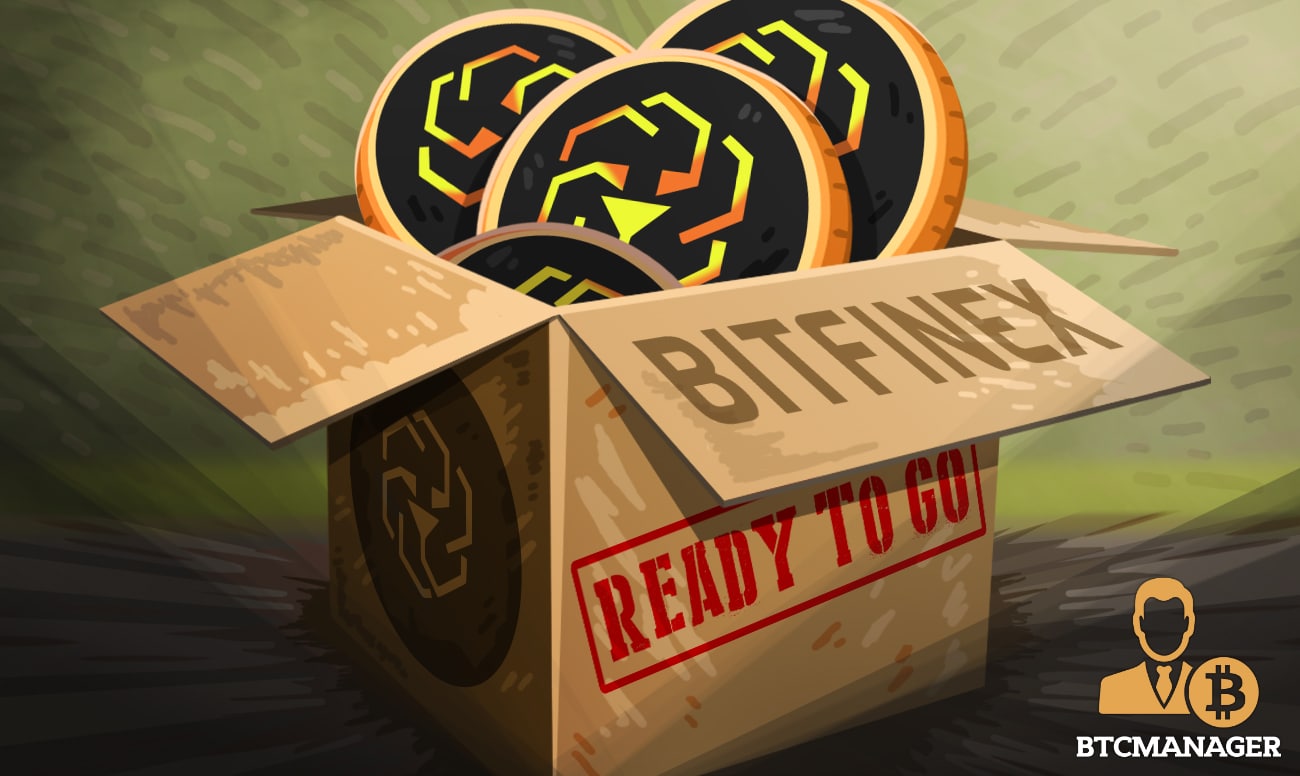Bitfinex Cryptocurrency Exchange Gives Details on Utility Token LEO

Hong Kong-based cryptocurrency exchange Bitfinex on May 17, 2019, revealed details about its utility token UNUS SED LEO. The native cryptocurrency will officially commence trading on Bitfinex from May 20, 2019.
Bitfinex’s Answer to Binance’s BNB
The rapidly increasing number of cryptocurrency exchanges has no doubt heated up market competition. Exchanges are slowly realizing that just being a trading platform will no longer cut it and that to ensure their survival in the industry, they would need to offer incentives that make customers stick to a particular trading platform.
Changpeng Zhao’s Binance exchange was the first to realize this which led to them launching the native BNB utility token which offers customers reduced trading fee and participation in the initial exchange offerings (IEOs) on the Binance Launchpad, among other things.
Now, it seems that Bitfinex has taken a page out of Binance’s book by launching its utility cryptocurrency called UNUS SED LEO. The project’s whitepaper published May 10, 2019, described LEO as “a utility token at the heart of the iFinex ecosystem.” Notably, iFinex is the parent company of Bitfinex and its closely affiliated stablecoin issuing concern, Tether (USDT).
According to Bitfinex’s Medium post, LEO will be tradable against bitcoin (BTC), USDT, EOS, ether (ETH), and USD pairs.
The Bitfinex Tether Situation Shrouded in Mystery
The announcement about the launch of the LEO token comes just a few days after Bitfinex’s CTO, Paolo Ardoino, tweeted that the exchange had raised $1 billion in a private sale for its upcoming IEO. The exchange’s Medium post reads in part:
“Upon publishing the UNUS SED LEO whitepaper last Friday, May 10th, Bitfinex conducted and completed a private sale of 100% of outstanding UNUS SED LEO tokens in exchange for one billion USDt worth of Bitcoin, USD, and USDt.”
However, the timing of such a development has turned heads within the global crypto community as the exchange, along with its closely-held sister concern Tether, is currently amid multiple controversies.
As reported by BTCManager on April 26, 2019, the New York Attorney General (NYAG) office had accused Bitfinex and Tether of conspiring to cover an $850 million business loss by inappropriately using clients’ funds.
Later, it also came to light that only 74 percent of Tether’s USDT stablecoin was backed by cash and other short-term liquid assets, further casting doubts on the legitimacy of the so-called “king of the stablecoins.”












